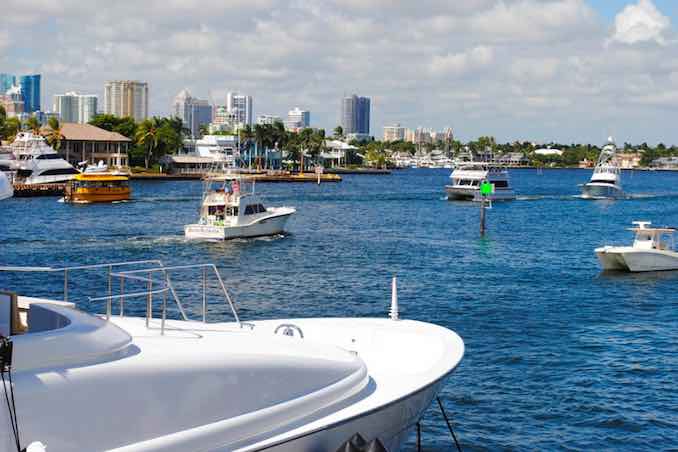Daydreaming about cruising through the waves, cutting through the currents, and impressing everyone through nightly boat parties are common after your first boat purchases. But what about boat safety?
Not everything is not so peachy keen. You cannot simply purchase and get sailing. You have to worry about charging, safety, anchors, and having every piece of equipment under the roof.
But do not fear because we have got you covered. In this excerpt below, we will discuss some of the boat safety tips and the equipment you should be stacking up for all your voyages.
Boat & Its Safety
Boat and safety always go hand in hand. Because let’s face it, no one likes the idea of being stranded in the middle of the sea with no one to SOS. It is not only scary but also anxiety-inducing.
This is why you need the right safety measures always by your side to get you out through every tough situation. Afterall, no matter the situation, you should always be prepared.
Plus, no matter how good of a sailor you are, you should never underestimate the sea.
Boat Safety Essential Which You Should Worry About
Here are some of the boat safety tips we have collected from hardcore sailors and cruise attendees, and bring them to your assistance.
1. Install SOS For Distress
First and foremost, register for Maritime Mobile Service Identity (MMSI); you can do that for free and get a number. Then you would want to get a VHF radio. You have to register this radio for Digital Selective Calling (DSC). This, in turn, will be connected to your GPS.
Now, god forbid, if you are deserted in the middle of the sea, you have an emergency SOS number.
2. Get The Right Live Jackets
Simply getting the live jackets is not enough; you will need good buoyancy. So, it has to fit the individual to keep them floating over water in case of an emergency. Different boats require different life jackets.
For example, if you have a boat that is more than 16ft, you should be equipped with a Type IV floatable device. Plus, these throwable devices should be approved by the coast guard.
3. Do Not Underestimate The Weather Forecast
Yes, we all have the ongoing joke of the weather forecast never being right, but you must not underestimate them before a voyage in the sea. Even if you are not too far from the coast, keep the weather forecast in check.
Now, if you are already in the sea, and the forecast talks about a storm brewing, then here is how you should prepare for it.
Keep the live jackets ready, and if you are unable to sail back to the coast, strongly anchor your boat, and call for help. Keep your ears open for an alert from the National Hurricane Center. When the wind knots are moving above 60, they give an alert to everyone on the sea or planning for a sail.
The alert is early, so you can prepare in due time.
4. Do Not Drive Under The Influence
You might think that the sea has less traffic and you will have less chance of bumping into another vehicle, so it is okay to drive under the influence. However, if you fear toppling your boat and capsizing, then we would suggest you not drive under the influence.
5. Take Care Of Charging
If you are not rowing your boat manually, you will need battery-driven engines. The worst part is the low charge or battery malfunction right in the middle of the sea. So, first things first, always keep battery chargers and extra batteries. Second thing, you should always keep an inverter in case of power cuts. Get all this equipment from the best online boat equipment store.
6. Do Not Overwhelm Your Boat
Too much equipment is not good for the functioning of the boat. It is better to keep them compact and in one place.
Invest in a good refrigerator, and stack most of the food and beverages there. In this way, you can prevent them from lying around elsewhere.
Take Safety Courses If Needed!
Before you can sail a boat, you will need to gain proper knowledge about the equipment and such. Take up boating and safety classes and get a certificate if possible.
You can also call for an expert to check for carbon monoxide leaks in the creaks and crevices. Only when you get a hundred percent green signal from the coast guard should you be set for sailing.

